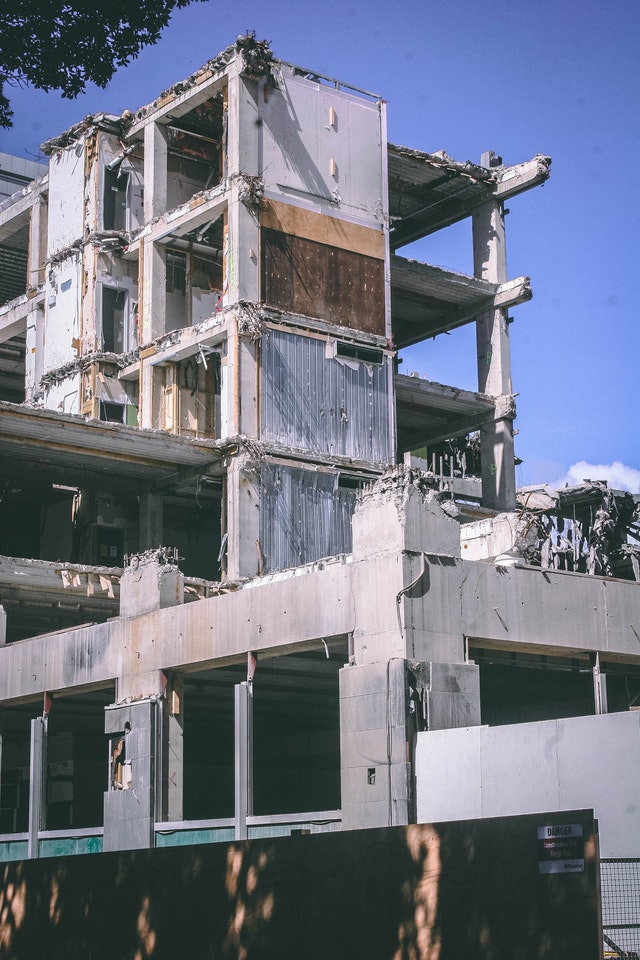
Introduction
Dynamic loads such as wind and earthquake pose a variety of problems in structures. This page collects various demonstration videos that illustrate different concepts in structural dynamics and behavior of structures subjected to dynamic loads.
What is Tuned Mass Damper?
This video introduces Tuned Mass Dampers in Skyscapers.
Source: YouTube Video @ Practical Engineering
Moment Resisting Frame Test - W24 - Test 1
This video shows test of moment resisting frame (W24) at Virginia Tech
Source: YouTube Video @ Matt Eatherton
Moment Resisting Frame Test - W24 - Test 2
This video shows test of moment resisting frame (W24) at Virginia Tech
Source: YouTube Video @ Matt Eatherton
Moment Resisting Frame Test - W24 - Test 3
This video shows test of moment resisting frame (W24) at Virginia Tech
Source: YouTube Video @ Matt Eatherton
Moment Resisting Frame Test - W24 - Test 4
This video shows test of moment resisting frame (W24) at Virginia Tech
Source: YouTube Video @ Matt Eatherton
Moment Resisting Frame Test - W24 - Test 5
This video shows test of moment resisting frame (W24) at Virginia Tech
Source: YouTube Video @ Matt Eatherton
Moment Resisting Frame Test - W24 - Test 6
This video shows test of moment resisting frame (W24) at Virginia Tech
Source: YouTube Video @ Matt Eatherton
Ring-Shaped Panel Test
This video shows test of Ring-Shaped Panel at Virginia Tech
Source: YouTube Video @ Matt Eatherton
Ring-Shaped Panel Test
This video shows test of Ring-Shaped Panel at Virginia Tech
Source: YouTube Video @ Matt Eatherton
Solid Steel Plate Shear Wall Test
This video shows test of solid steel plate shear wall (SPSW) at Virginia Tech
Source: YouTube Video @ Matt Eatherton
Un-stiffened Moment Connection Test
This video shows test of un-stiffened moment connection with deep beam
Source: YouTube Video @ Matt Eatherton
Low-Cycle Fatigue Bend Test - Bare Steel
This video shows a low cycle fatigue test conducted with constant inelastic curvature / strain cycles. The coupon is a 3″ wide x 24″ long piece of flange material cut from a W24x62 beam. The specimen has a smooth circular notch cut on both sides with radius equal to 1″. This notch, although not visible in the video, increases the stress triaxiality and therefore causes the fracture to initiate at the center of the specimen.
Source: YouTube Video @ Matt Eatherton
